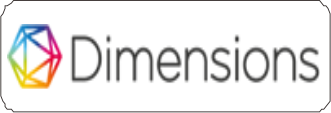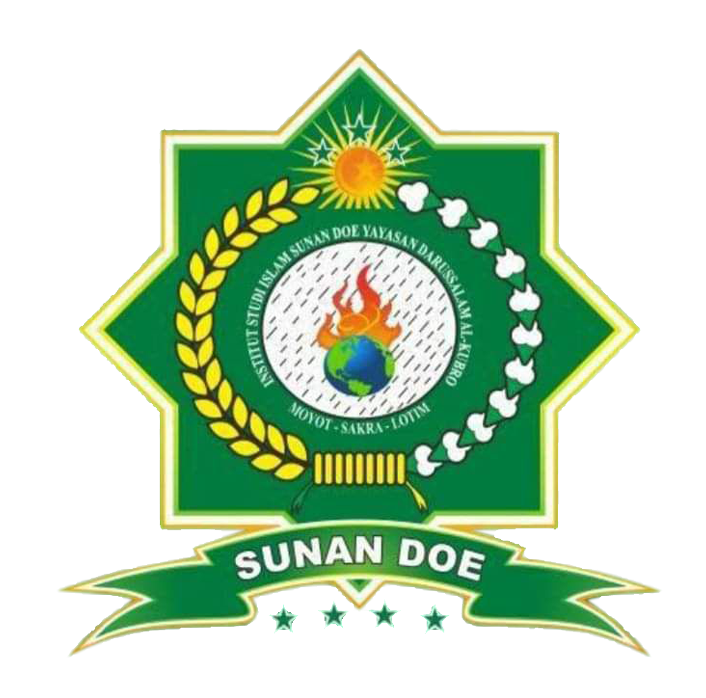Integrating Pancasila and Bhinneka Tunggal Ika Values in Indonesian Education: Strengthening the Profil Pelajar Pancasila
Keywords:
Pancasila, Bhineka Tunggal Ika, Pancasila Student ProfileAbstract
This qualitative case study investigates the integration of Pancasila values and Bhinneka Tunggal Ika in educational practices to strengthen the Profil Pelajar Pancasila (Pancasila Student Profile). Conducted at SMA Negeri 1 Palembang, data were gathered through a multi-method approach, including observations, interviews, and document analysis. Findings reveal that the school ecosystem effectively utilizes these foundational Indonesian values to address and manage diversity across religion, race, culture, gender, and socio-economic status. This integration fosters a school environment where students develop character aligned with Pancasila principles, preparing them to be resilient national successors capable of navigating external influences and the challenges of globalization. The study concludes that embedding Pancasila and Bhinneka Tunggal Ika values is crucial for cultivating students who embody the attitudes and competencies of the Profil Pelajar Pancasila.
References
Fairussania, H. (2024). The Representation of Pancasila Student Profile Values in ELT Textbook for Junior High School Graders “English for Nusantara”: A Visual Grammar Analysis [Undergraduate_thesis, UIN K.H. Abdurrahman Wahid Pekalongan]. http://perpustakaan.uingusdur.ac.id/
Gobana, J. A. (2025). Investigating quality education in mother tongue: Ensuring children’s rights to access and equity schooling. Cogent Education, 12(1), 2545617. https://doi.org/10.1080/2331186X.2025.2545617
Hakim, A. B., & Umam, A. (2024). Implementation of Education and Internalization of Pancasila Values Through a Visit To Pancasila Balun Lamongan Village For Secondary Students in Lamongan District. Mudir : Jurnal Manajemen Pendidikan, 6(1). https://doi.org/10.55352/mudir.v6i1.801
Hakim, M. N., Solihah, K. Z., Ismail, F., Salim, A., & Prasetiyo, N. T. (2024). Optimizing the Merdeka Curriculum for Developing the Pancasila Student Profile through Project-Based Learning. Munaddhomah: Jurnal Manajemen Pendidikan Islam, 5(4), 395–408. https://doi.org/10.31538/munaddhomah.v5i4.1396
Indra, Ambiyar, Giatman, M., & Waskito. (2025). Evaluating the Pancasila Student Profile Strengthening Project Using the CSE UCLA Evaluation Model. Jurnal Penelitian Pendidikan IPA, 11(3), 131–142. https://doi.org/10.29303/jppipa.v11i3.10639
Kessler, M. A. (2024). Middle School Teacher Enactment of State Curricular Mandates. Critical Questions in Education, 15(1), 55–73.
Kushner, A., & Clouse, S. (2024). Citizenship and the Good Life: Cherokee and American Regimes in Conflict. The Political Science Reviewer, 48(1), 238–271.
Masykur, A., & Ilmiah, R. (2024). Integration of Multicultural Principles in Elementary Madrasahs: A Systematic literature review. Paedagogia: Jurnal Pendidikan, 12(2), 479–494. https://doi.org/10.24239/pdg.Vol12.Iss2.587
Meidawati, & Kusdarini, E. (2025). Implementation of the Merdeka Curriculum in the Planning, Implementation, and Assessment of Pancasila Education Learning in Senior High Schools. Jurnal Penelitian Pendidikan IPA, 11(2), 508–515. https://doi.org/10.29303/jppipa.v11i2.10202
Octavia, A. A., & Tirtoni, F. (2024). Implementation of the Pancasila Student Profile in Pancasila Education Subjects to Improve Democratic Character. Lectura : Jurnal Pendidikan, 15(1), 235–244. https://doi.org/10.31849/lectura.v15i1.18570
Parihat, P. (2024). Religious Tolerance and Authentic Coexistence in Indonesian Urban Society. Religió Jurnal Studi Agama-Agama, 14(2), 166–189. https://doi.org/10.15642/religio.v14i2.2970
Prakoso, P., Rohman, F., & Handoyo, E. (2024). Pancasila as a foundation for legal reform: Evaluating the impact of civic education on Indonesian legal systems. Journal of Law and Legal Reform, 5(3).
Purwanti, K. L., Adriyani, Z., Afifa, E. L. N., & Nurhalisa, S. (2025). Character Education through Project-Based Learning: The Implementation of the Pancasila Student Profile and Rahmatan lil Alamin Project in an Islamic Elementary School. Journal of Integrated Elementary Education, 5(2), 353–368. https://doi.org/10.21580/jieed.v5i2.26578
Sidi, B. A. (2020). Unity and diversity: National identity and multiculturalism in Indonesia. University of Otago.
Sudirta, I. W., Pieris, J., Nugroho, W., & Ryantoni, H. (2025). Explore the Values of Pancasila as the Basic Philosophy of the Indonesian Nation. Arena Hukum, 18(1), 127–158. https://doi.org/10.21776/ub.arenahukum2025.01801.6
Surahman, S., Maula, H. B., & Wijaya, N. (2025). Ideological Discourse: Based on Subjective Conditions Towards Objective Consciousness of Intellectuals Understanding Reality Sociological Perspective of Knowledge. Journal of Public Administration and Government, 7(1), 51–60. https://doi.org/10.22487/jpag.v7i1.2003
Utama, M. S., & Mubarok, M. Z. (2024). Integrating the Concept of Unity in Diversity and Quranic Values in Multicultural Education to Foster Tolerance-Based Character in Indonesia. Social Studies in Education, 2(1), 45–58. https://doi.org/10.15642/sse.2024.2.1.45-58
Downloads
Published
License
Copyright (c) 2025 Anna Bella Philia, Rahmi Susanti, Melindia

This work is licensed under a Creative Commons Attribution-ShareAlike 4.0 International License.
Cigarskruie: Journal of Educational and Islamic Research by Saniya Institute is licensed under Creative Commons Attribution ShareAlike 4.0
It means that:
- Adapted Material means material subject to Copyright and Similar Rights that is derived from or based upon the Licensed Material and in which the Licensed Material is translated, altered, arranged, transformed, or otherwise modified in a manner requiring permission under the Copyright and Similar Rights held by the Licensor. For purposes of this Public License, where the Licensed Material is a musical work, performance, or sound recording, Adapted Material is always produced where the Licensed Material is synched in timed relation with a moving image.
- Adapter's License means the license You apply to Your Copyright and Similar Rights in Your contributions to Adapted Material in accordance with the terms and conditions of this Public License.
- BY-SA Compatible License means a license listed at creativecommons.org/compatiblelicenses , approved by Creative Commons as essentially the equivalent of this Public License.
- Copyright and Similar Rights means copyright and/or similar rights closely related to copyright including, without limitation, performance, broadcast, sound recording, and Sui Generis Database Rights, without regard to how the rights are labeled or categorized. For purposes of this Public License, the rights specified in Section 2(b)(1)-(2) are not Copyright and Similar Rights.
- Effective Technological Measures means those measures that, in the absence of proper authority, may not be circumvented under laws fulfilling obligations under Article 11 of the WIPO Copyright Treaty adopted on December 20, 1996, and/or similar international agreements.
- Exceptions and Limitations means fair use, fair dealing, and/or any other exception or limitation to Copyright and Similar Rights that applies to Your use of the Licensed Material.
- License Elements means the license attributes listed in the name of a Creative Commons Public License. The License Elements of this Public License are Attribution and ShareAlike.
- Licensed Material means the artistic or literary work, database, or other material to which the Licensor applied this Public License.
- Licensed Rights means the rights granted to You subject to the terms and conditions of this Public License, which are limited to all Copyright and Similar Rights that apply to Your use of the Licensed Material and that the Licensor has authority to license.
- Licensor means the individual(s) or entity(ies) granting rights under this Public License.
- Sui Generis Database Rights means rights other than copyright resulting from Directive 96/9/EC of the European Parliament and of the Council of 11 March 1996 on the legal protection of databases, as amended and/or succeeded, as well as other essentially equivalent rights anywhere in the world.
- You means the individual or entity exercising the Licensed Rights under this Public License. Your has a corresponding meaning.















